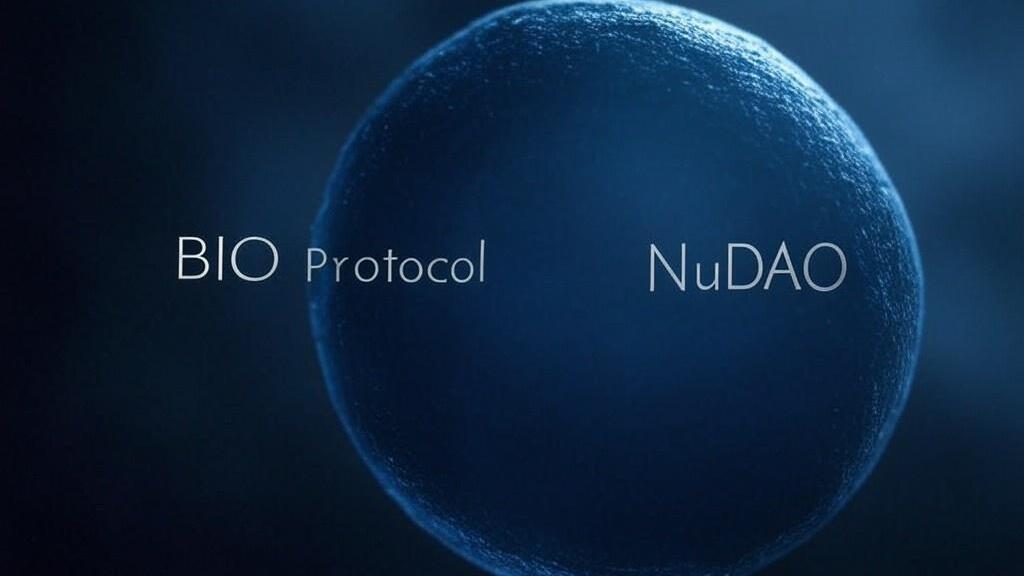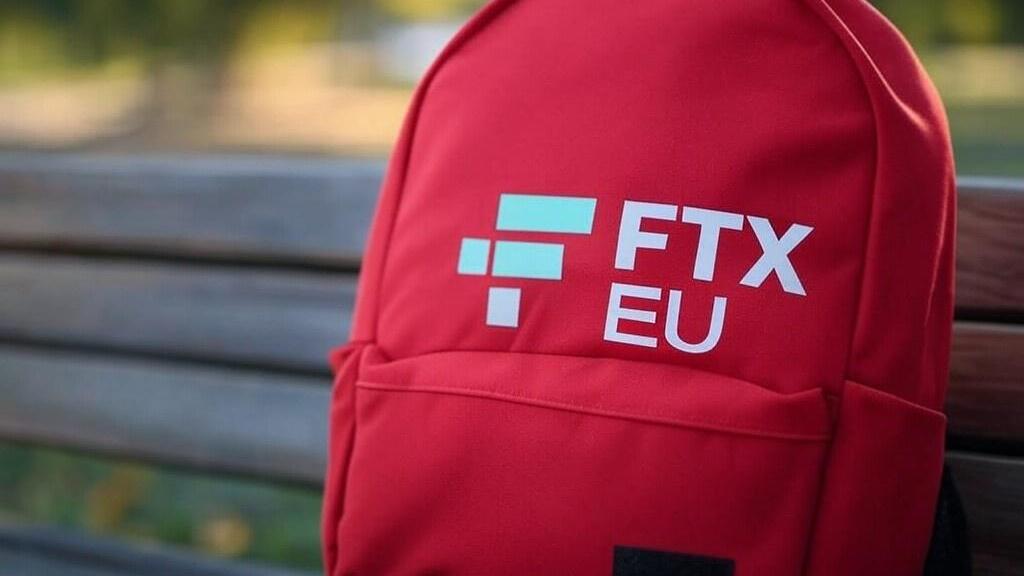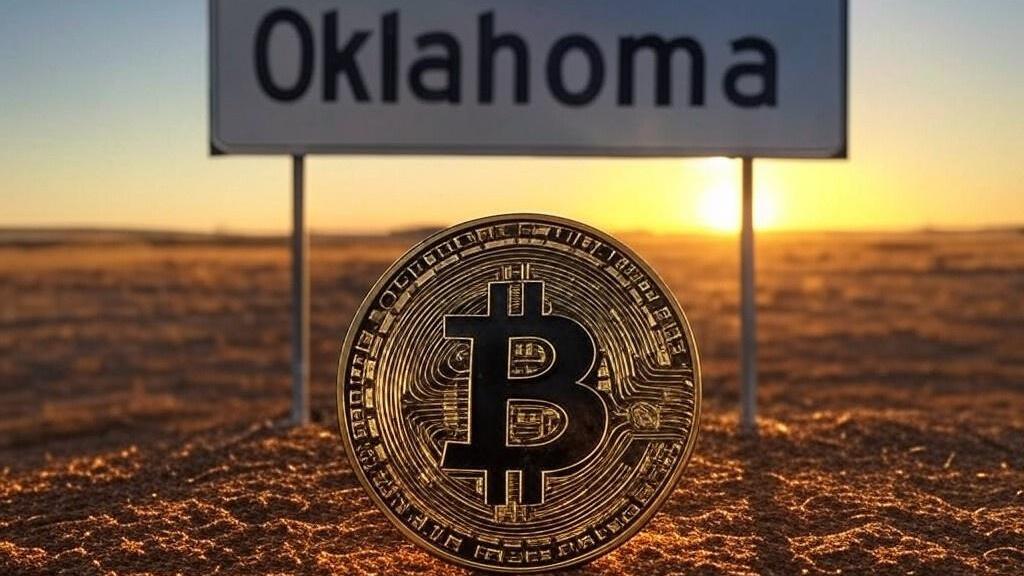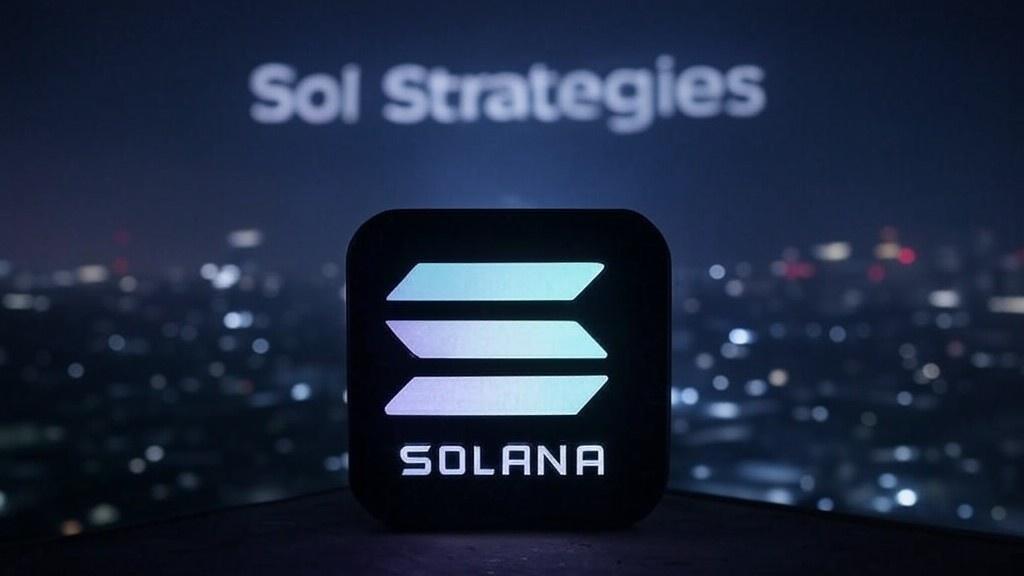POLY
Polygon 2.0: Polygon Unveils New Decentralized Governance Model
by BSCN
July 19, 2023

Drawing inspiration from successful blockchain projects like Ethereum, the new model comprises three main pillars, including an ecosystem council.
Embracing Decentralized Governance
As part of the Polygon 2.0 roadmap, the Polygon team is proposing a new governance framework for decentralized ownership over its entire ecosystem, ushering in a new era of decentralized governance.
In this forward-looking approach, the entire Polygon network will be governed by the community itself, allowing stakeholders to have the final say on proposed initiatives. Emphasizing openness and inclusivity, the model encourages ongoing community involvement and governance to ensure sustained success.
The proposed governance framework draws inspiration from battle-tested blockchain models, notably Ethereum's proven governance ethos, which has been pivotal in driving protocol maintenance, development, and adoption. Building upon Ethereum's success, Polygon seeks to extend this ethos to create a flourishing community.
The Three Governance Pillars
The governance framework revolves around three main pillars: Protocol Governance, System Smart Contracts Governance, and Community Treasury Governance. Each pillar is designed to address specific aspects of the Polygon ecosystem and ensure scalable, efficient decision-making.
The Protocol Governance, inspired by Ethereum's Improvement Proposal (PIP) framework, fosters open coordination for the development of Polygon protocols. The PIP framework has already been implemented on the Polygon PoS chain, allowing both internal and external actors to propose upgrades. The aim is to eventually expand this framework to cover the entire Polygon permissionless stack.
System Smart Contracts Governance introduces the concept of an Ecosystem Council, responsible for upgrading protocol components implemented as smart contracts. The council will operate under a community-governed framework, ensuring transparent and secure decision-making.
The Community Treasury Governance seeks to establish a self-sustainable ecosystem fund to support ongoing growth and development. The proposed roadmap involves the creation of an independent Community Treasury Board to provide ecosystem support and funding for promising projects. Subsequently, the governance will evolve towards increased community-driven decision-making over the Treasury.
As Polygon moves towards 2.0, the project embraces the principles of decentralization and community-driven development. Stakeholders are encouraged to participate in discussions through community calls, forums, and an interactive governance vision board, shaping the future of the Polygon ecosystem.
What is Polygon:
Polygon is a “sidechain” scaling solution that runs alongside the Ethereum blockchain — allowing for speedy transactions and low fees. MATIC is the network’s native cryptocurrency, which is used for fees, staking, and more. The effectiveness of Polygon as an alternative to Ethereum has seen existing projects such as Aave and Curve adopting its chain.
For more about Polygon:
Latest News
10h : 34m ago
Filipino Banks to Launch PHPX Peso Stablecoin on Hedera Network

13h : 34m ago
U.S. Senate Banking Committee to Launch First Cryptocurrency Subcommittee

January 9, 2025
Bio Protocol and NuDAO Partner to Revolutionize Decentralized Science (DeSci)

January 9, 2025
Backpack Clarifies Acquisition of FTX EU Assets Amid FTX Estate Denial

January 9, 2025
Oklahoma Senator Proposes Bill to Allow Employees to Receive Wages in Bitcoin

January 8, 2025
Bhutan's Gelephu Mindfulness City Plans to Embrace Crypto in Strategic Reserves

January 8, 2025
Sol Strategies Secures CAD $25M to Expand Solana Holdings

January 8, 2025
Ripple Leverages Chainlink Standard to Boost RLUSD Stablecoin’s DeFi Integration


